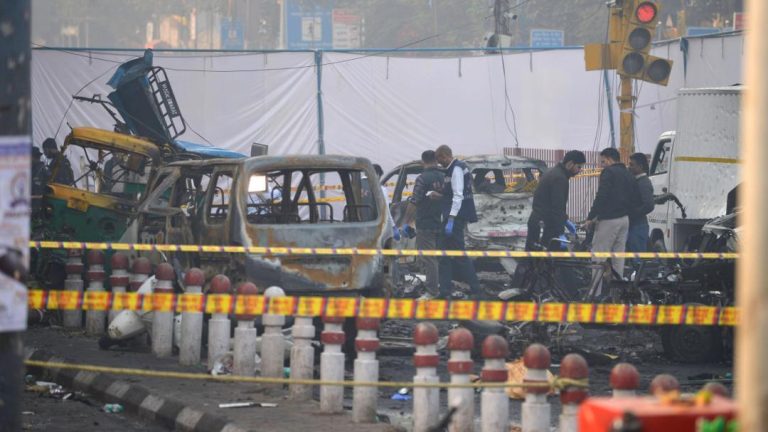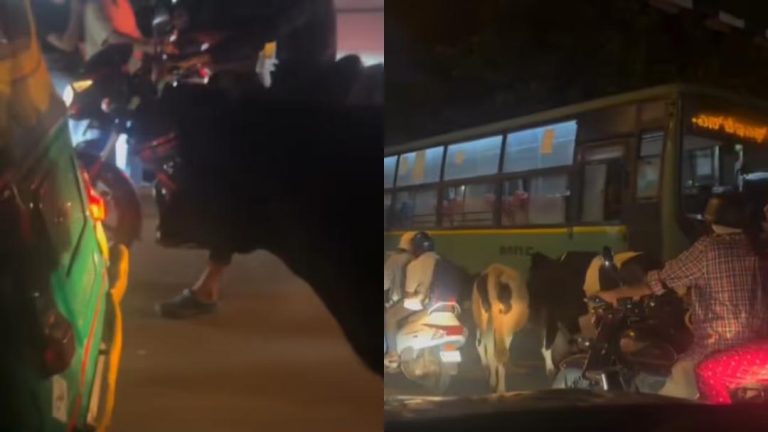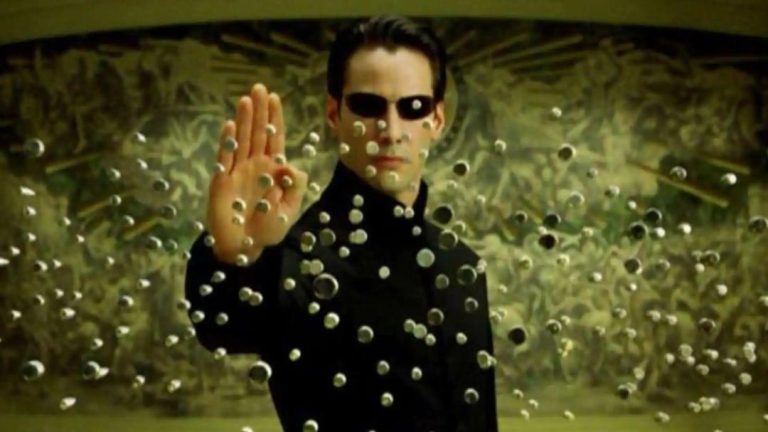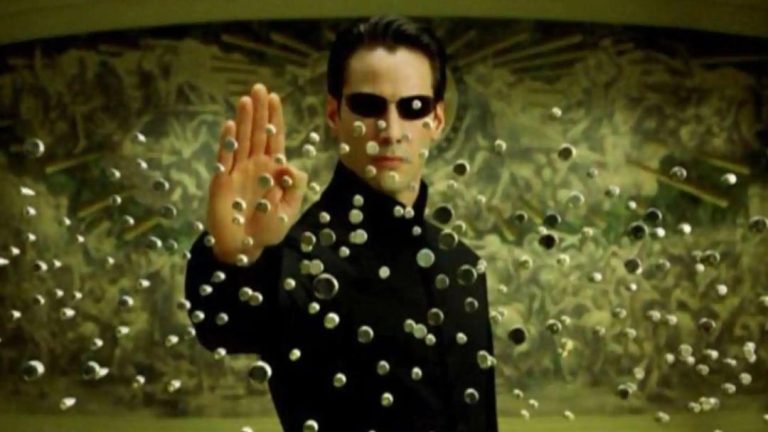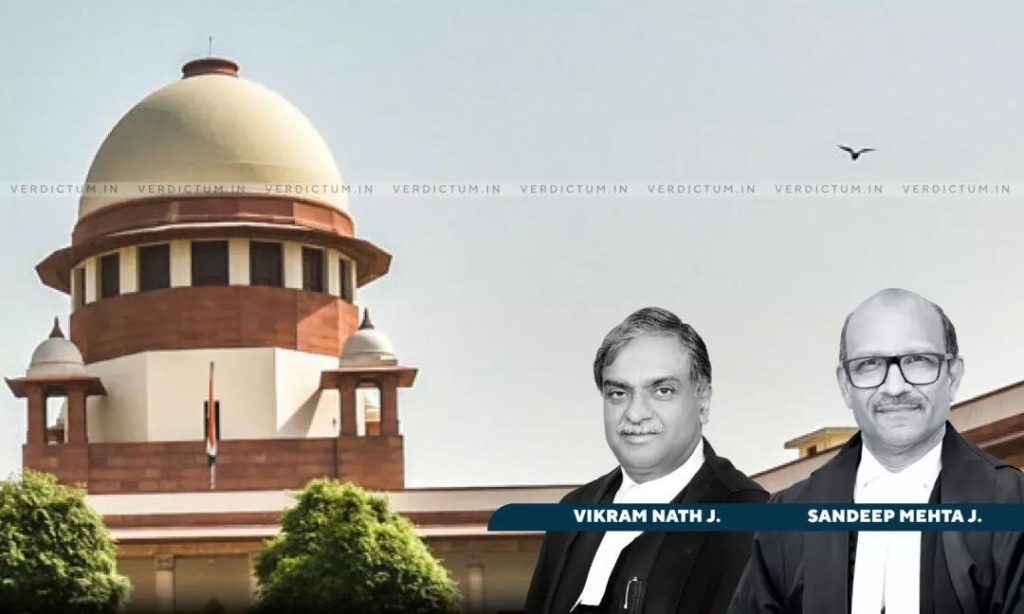
Colorable Exercise of Power: SC Quashes UP Gangsters Act Case
In a recent landmark judgment, the Supreme Court of India quashed an FIR registered under the Uttar Pradesh Gangsters & Anti-Social Activities (Prevention) Act, 1986, against a group of individuals claiming to be members of a political party. The Court’s observation that the afterthought application of the Act, in the absence of any subsequent criminal conduct, bears the hallmark of a “colorable exercise of power” is a significant blow to the State’s attempt to misuse the law.
The case, Lal Mohd. & Anr. v. State of U.P. & Ors., 2025 Insc 811, involved a group of individuals who were booked under the UP Gangsters Act for allegedly being involved in organized and continuous criminal activity, including demonstration and gang formation. The FIR was registered against the accused persons after a complaint was filed by a local resident, alleging that they were involved in unlawful activities.
The accused persons moved the Supreme Court, challenging the FIR and the subsequent proceedings initiated against them. They argued that the FIR was registered with mala fide intentions and was aimed at stifling their political activities. They further contended that the provisions of the UP Gangsters Act were not applicable to them, as there was no evidence to suggest that they were involved in any criminal activity subsequent to the registration of the FIR.
The Supreme Court, in its judgment, observed that the FIR was registered after a significant delay, and there was no evidence to suggest that the accused persons were involved in any criminal activity subsequent to the registration of the FIR. The Court further noted that the UP Gangsters Act was enacted to prevent organized and continuous criminal activity, including demonstration and gang formation, but the FIR did not disclose any such activity.
The Court held that the registration of the FIR and the subsequent proceedings initiated against the accused persons were a clear case of “colorable exercise of power” by the State. The Court observed that the State had resorted to a “colorable exercise of power” by misusing the provisions of the UP Gangsters Act to harass and intimidate the accused persons.
The concept of “colorable exercise of power” refers to a situation where the State or its agencies exercise their powers in a manner that is arbitrary, discriminatory, or oppressive. In such cases, the Court may intervene to prevent the misuse of power and ensure that the rights of the affected individuals are protected.
In this case, the Supreme Court’s observation that the FIR was a “colorable exercise of power” is significant, as it highlights the need for the State to exercise its powers in a fair and just manner. The Court’s decision is also a reminder that the State’s powers must be exercised in accordance with the law and must not be used to harass or intimidate individuals.
The controversy surrounding the UP Gangsters Act is not new. The Act has been criticized for its vague provisions and the manner in which it has been used to harass and intimidate political opponents and social activists. The Supreme Court’s decision in this case is a welcome step towards ensuring that the Act is used in a fair and just manner.
In conclusion, the Supreme Court’s decision to quash the FIR registered under the UP Gangsters Act is a significant victory for the accused persons and a reminder to the State to exercise its powers in a fair and just manner. The Court’s observation that the FIR was a “colorable exercise of power” is a warning to the State to avoid misusing its powers and to respect the rights of individuals.
Reference:

